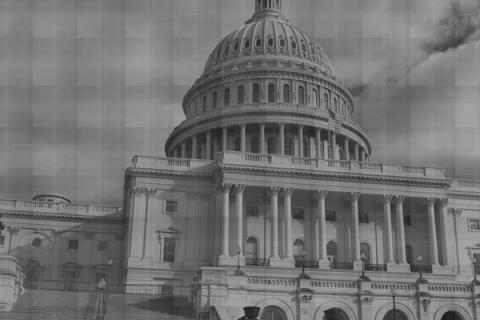A recent proposal by the Arizona Department of Water Resources (ADWR) to amend its assured water supply rules would provide grandfathered irrigation water rights to farmlands that were retired for development. The new rules would apply only to lands that previously had irrigation water rights and that are still capable of being irrigated.
We all know the story: beginning in 2005 and lasting until 2007, a speculative-driven bubble inflated land and real-estate values beyond market recognition. Arizona remains one of the hardest hit states in the home equity sector. What is less known about this event is the lasting impact it had on Arizona farmers. The prospects of skyrocketing land values proved too tempting for some growers who saw potential profits in retiring some of their property in anticipation of its eventual development. During the boom times, production on thousands of acres of land came to a grinding halt and with it, a claim to irrigation watering rights. The rest is history.
The ADWR's newly proposed rules would allow farmland retired in '05, '06 and '07 to become productive once again. Most of Arizona's vacated lands are considered a nuisance and a public health concern to neighboring communities. Plagued by dust that is blowing off fallow fields, local residents, farmers and developers alike requested that ADWR amend its water supply rules to address the issue.
“We applaud ADWR’s efforts in developing this proposed amendment,” says Arizona Farm Bureau President Kevin Rogers. “Allowing vacant land to return to agricultural production will help with our economic recovery and mitigate dust and nuisances associated with undeveloped vacant lands.”
The proposed amendments will have to be reviewed by the Governor’s Regulatory Review Council (GRRC) before they are finalized. According to Philip Bashaw of the AFB, this process will begin in mid-September or early October. Water Resource officials have requested that the rule become effective immediately upon GRRC approval, meaning farmers can expect to receive irrigation water for their retired land as early as September.
